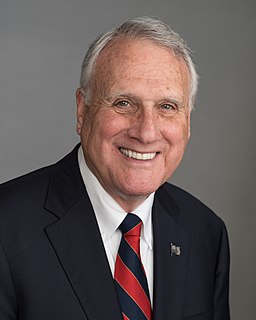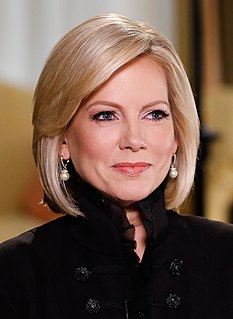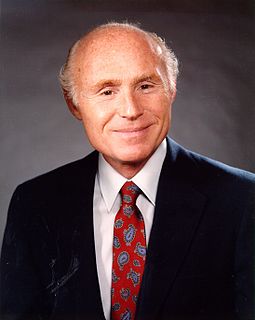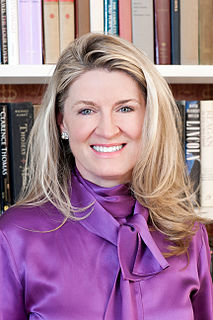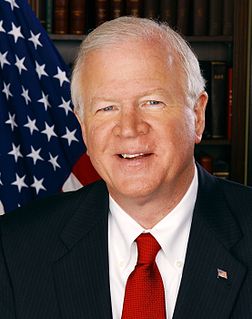A Quote by Jon Kyl
No judicial nomination should answer any question that is designed to reveal how the nominee will rule on any issue that could come before the court.
Related Quotes
It's something, since the nomination and confirmation hearings of Justice Ginsberg, that's really become kind of an unwritten rule, this "I can't answer a question if it's a potential issue that's going to come before me on the Supreme Court." I think that most senators have come to accept that as a very legitimate answer. They don't love it, they're not happy, but it is legitimate when you put it in that context.
When it comes to the Supreme Court, the American people have only two times when they have any input into how our Constitution is interpreted and who will have the privilege to do so.First, we elect a president who has the power to nominate justices to the Supreme Court.Second, the people, acting through their representatives in the Senate, have their say on whether the president's nominee should in fact be confirmed.
The Supreme Court had the choice not only which way to rule, pro- or anti-gay marriage rights, but also how they were going to rule. They could have ruled just federalism, saying, "This isn't a matter for federal; this isn't a federal issue at all. States should decide it." Or they could decide it on equal protection grounds and say that, "Gay discrimination is wrong."
In 1987, I had my first opportunity to provide 'advice and consent' on a Supreme Court nominee. At that time, I stated that the qualifications essential for evaluating a nominee for the bench included 'integrity, character, legal competence and ability, experience, and philosophy and judicial temperament.' On that test, Elena Kagan fails.
